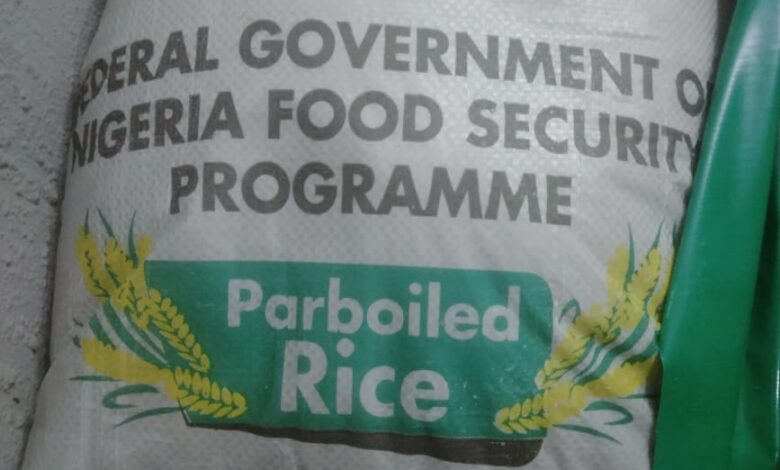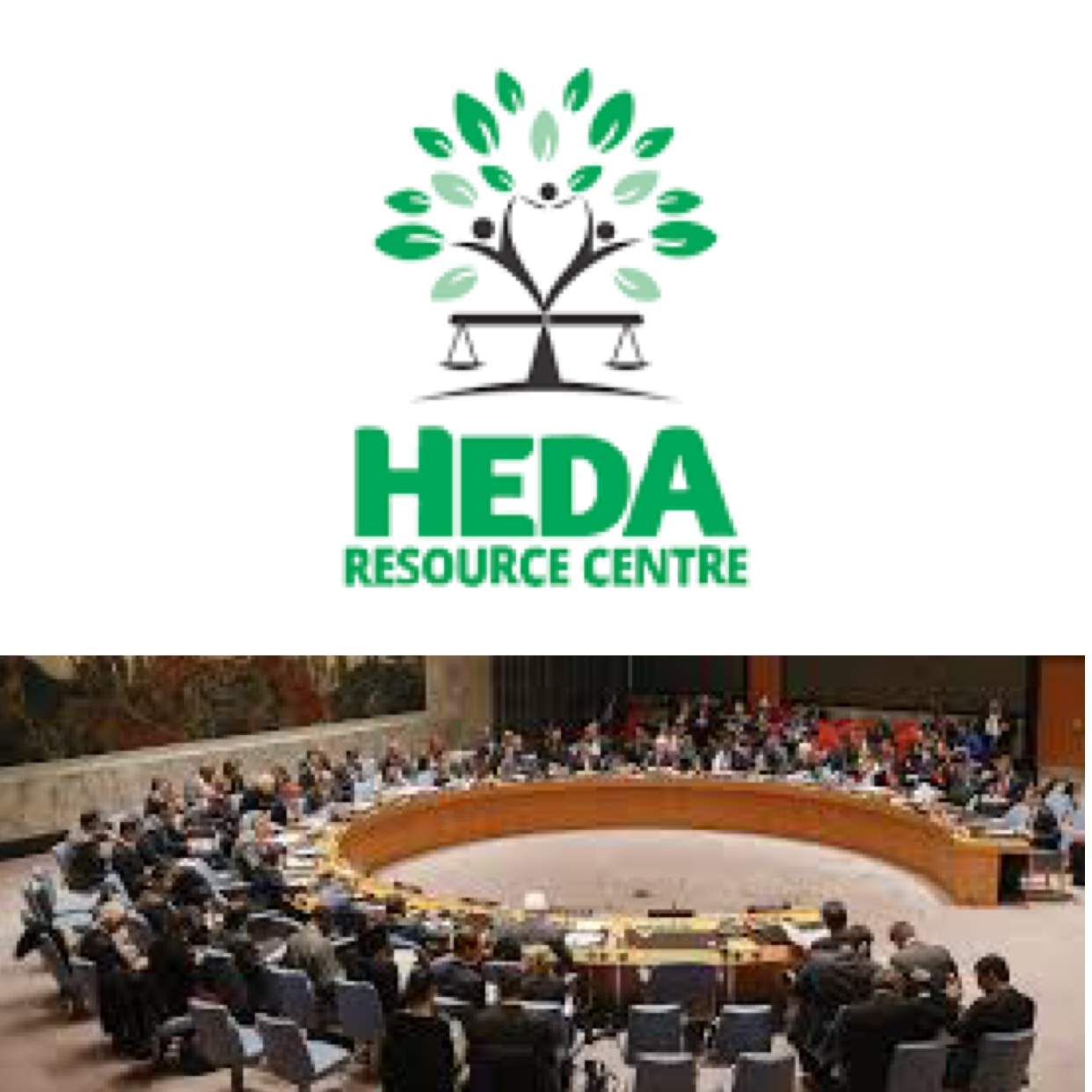
By Ologeh Joseph Chibu
Beneficiaries of the rice palliatives distributed by the Federal Government are worried about stones and sand found in the rice distributed to millions of the needy across the country.
Hundreds of such beneficiaries who spoke to Irohinoodua said the bags of rice given to them were filled with sand and stones.
The Federal Government’s recent palliative distribution, aimed at alleviating the economic strain caused by fuel subsidy removal, came under fire for the poor quality.
“The rice is full of stones and sand. My family was excited to receive one bag of rice. But when we cooked the rice, it was full of sand. Members of my association complain of similar experiences” Mrs Adenike Oshodi told Irohinoodua in Lagos on Monday.
She said her association was given 50bags and that everyone has the same complain.
In Kwara State, a teacher, Sanusi Suleman sad his family was happy to receive one bag if rice but that after cooking the first batch, the family was shocked at the sand contained in the rice.
Alhaji Saliu Akinola, a member of Nigerian Automobile Technicians Association, (NATA) in Ibadan said his association received hundreds of bags if rice but that members came to complain that the rice was full of sand.
A trader in Kano, Idris Shagari said his family has no option but to eat the rice. “We are poor. We noticed the sand but we have no option than to eat the rice,” he said.
Families who spoke to our correspondent expressed satisfaction at the effort of the Government but questioned the wisdom in distributing rice that are full of sand and stones. Many of them said that had to result to washing and sieving the rice before they can cook.
The palliative initiative, which included rice distribution alongside other foodstuffs, is part of a larger N4.3 trillion effort under the current administration to mitigate food insecurity and inflation.
Last August, the government also allocated N5 billion to each state for palliative measures, with Borno State Governor Babagana Zulum announcing that the funds would enable states to purchase 100,000 bags of rice, 40,000 bags of maize, and fertilizer. Additionally, 180 trucks of rice were to be distributed to states across the country.
An official of the Nigerian Human Rights Community, (NIHRCO) Mr Taiwo Adeleye urged the Federal Government to investigate the production and distribution channels to know who were responsible for feeding Nigerians with rice that can affect public health negatively.
He said “I don’t think the Federal Government did this deliberately. It’s unusual. Someone mischievous must have packed this rice for human consumption. It’s so sad. The Federal Government should investigate and sanction those responsible for the error,” he said
However, recipients of the rice have raised concerns about its quality, with many reporting the presence of sand and stones in the product. This has sparked frustration and disappointment among the vulnerable families the program is supposed to support.
Mr. John, one of the recipients, described his unpleasant experience with the rice: “Even after washing it three times, there were still sandy sediments,” he said, expressing his dissatisfaction with the substandard product.
Ms. Rachael another recipient in Ebonyi shared her embarrassment after preparing the rice for guests. “Is this the kind of rice the government and their families are eating?” she asked, recounting how her friends were shocked at the sandy texture of the meal.
“It brought me so much shame.”
A student from the University of Lagos (Unilag) expressed a more resigned attitude. “I already expected it,” the student said. “It’s palliative, after all. Just looking at it, you can tell it’s not the best quality. Cooking it confirmed that.”
The mounting complaints over the quality of the rice raise concerns about the overall effectiveness of the relief program and the risk factor to human health and whether proper oversight is being exercised in the production and distribution distribution processes.
For many recipients, the palliatives, intended as much-needed support, have instead become a source of frustration.





